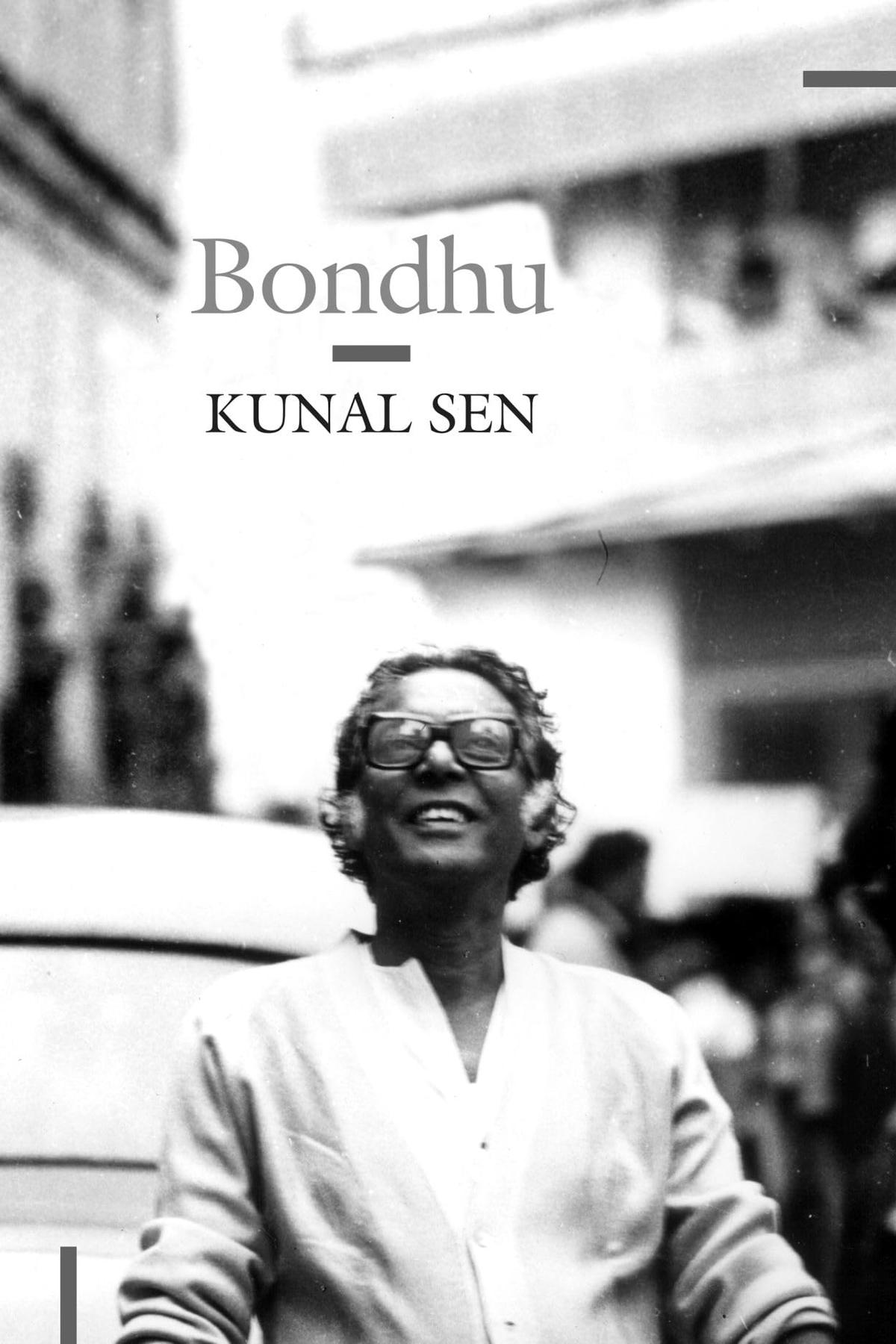Apr 15, 2025
Apr 15, 2025
 It’s a pleasant surprise when you receive an unusual and coveted gift from your spouse. I call this unusual because these days no one gifts another a book during occasions like birthdays and even otherwise which was quite in prevalence around three decades back. Yes, the unusual gift that came my way recently was a book titled Bondhu written by Dr. Kunal Sen on his dad, the eminent Indian filmmaker Mrinal Sen. If I remember correctly, this is only the second book my wife has purchased for me in these two decades, the first one being Paul Coelho’s The Alchemist.
It’s a pleasant surprise when you receive an unusual and coveted gift from your spouse. I call this unusual because these days no one gifts another a book during occasions like birthdays and even otherwise which was quite in prevalence around three decades back. Yes, the unusual gift that came my way recently was a book titled Bondhu written by Dr. Kunal Sen on his dad, the eminent Indian filmmaker Mrinal Sen. If I remember correctly, this is only the second book my wife has purchased for me in these two decades, the first one being Paul Coelho’s The Alchemist.
This is the first book written by KS. A debutante author is generally a good read by a reader far from voracious in devouring books. Written in an unpretentious style the book is on the life of the legendary director, the people and the events that have had an overarching influence on the master filmmaker MS. This isn’t a biography though but a rather insightful look with interesting stories interweaved from the life of the director and his family that provides a peep into the film industry as well as the real man behind the legend. There’s a certain frankness in the narration that balances the strengths and the weaknesses of the doyen of Indian cinema giving the reader a composite view of the man who has given us arguably the most hard-hitting films Indian cinema has ever seen till date.
The author briefly discusses the films of MS and focuses more on bringing out the essence of the man, his humanity and his political views, the struggles accolades and disappointments that never really left him all through his life. Some of the tales narrated are really fascinating and revelatory. The event leading the author to christen his father as ‘bondhu’ (a friend in Bengali), the deep division in the Bengali film industry in the seventies on political lines, and the story of the friend of the cinematographer Sailaja Chatterjee who was reduced to driving a cab in Calcutta after participating in the freedom struggle and had a huge booty in his custody after looting the British yet kept at bay any desire to make its use despite a life of penury. The reason why the relationship with the musical maestro the legendary Ravi Shankar probably rankled makes for interesting reading. The faulty Hindi usage of the director (the Bengali ‘ghoom’ I.e., sleep being used for the Hindi ‘ghoomney’ i.e., to go out) leading to a situational confusion manages to evoke laughter.
The chapter on ‘The Crew’ where the author focuses on the well-known and the lesser-known technicians and supporting crew members is a fine tribute to those who work behind the camera. The depiction of how a welcome trait like perfection can often become a disadvantage for a cinematographer of the caliber of the famous Subrata Mitra is brilliant.
What I found wanting in the book was the absence of any discussion/mention on the documentaries made by MS. How did Mrinal Sen feel when he received some of the prestigious honor that came his way? What kind of preservation and restoration work can be taken to salvage his works, already in a state of neglect? These are minor aspects that seem to have been overlooked in a 188-page book that delights the reader with its humor and the many essentially human stories associated with the life of an uncompromising director.
16-Dec-2023
More by : Subhajit Ghosh